Photo credits: Harper’s Weekly via MPI/Getty Images
According to the Equal Justice Initiative, on Easter Sunday, 1873, an enraged mob of hundreds of white men besieged the Grant Parish courthouse in Colfax, Louisiana, killing an estimated 150 Black people.
After they surrendered, several of the Black victims were killed in cold blood. There were just three white males that died. The closely disputed 1872 Louisiana governor election triggered the Colfax massacre. As many newly freed Black Americans started organizing and engaging in politics during the Reconstruction period, white communities determined to maintain white supremacy began intimidating Black people via acts of heinous violence.
After a federal court proclaimed William Kellogg the winner of the 1872 election, he started making nominations to fill local parish seats. Meanwhile, John McEnery, Kellogg’s white nationalist opponent, and his followers called McEnery the election winner. In the aftermath of the rioting, Black supporters of Kellogg organized a peaceful takeover of the Grant Parish courthouse and other municipal facilities in Colfax to prevent McEnery supporters from seizing control.
More than 300 armed white men invaded the judicial building in retaliation, attempting to forcibly remove Kellogg’s Black supporters. Some of the 60 Black defenders fled as the white mob shot a cannon at the courtroom; some surrendered at the time, and others surrendered after the building was set on fire. Despite the fact that many surrendered, unarmed Black males were shot and murdered by the white mob, others were slain while escaping.
Following the killing, the federal authorities used the Enforcement Act of 1870 to prosecute over 100 members of the white mob. During Reconstruction, the rule was particularly created to safeguard newly liberated Black voters from the Ku Klux Klan and other dissatisfied white southerners’ terrorist threats. Only three mafia members were found guilty, and they filed an appeal.
The Supreme Court dismissed the charges against the three white men in United States v. Cruikshank on March 27, 1876. The Court found that the Fourteenth Amendment only protected citizens against state activities and that the federal government did not have the authority to punish the conduct of one citizen against another that was not plainly motivated by racial animus. Racialized political violence did not qualify, according to the Court.
The Cruikshank judgment significantly curtailed the federal government’s ability to lawfully enforce Black civil rights and protect Black individuals in the post-civil war South from racial terror perpetrated by mobs seeking to restore white racial domination. White terrorist organizations continued to violate Black Americans’ rights as a consequence of the ruling, using voting suppression, terror, and violence to do it.
The Colfax Massacre is still remembered as the “end of carpetbag misrule in the South,” according to a historical monument.






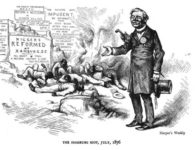
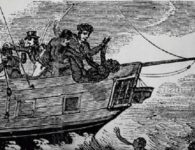
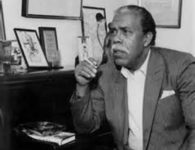




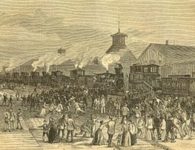
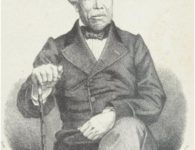


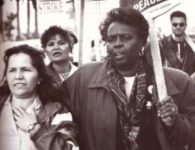
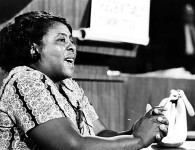
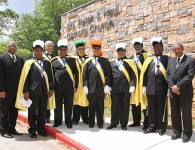

No comments